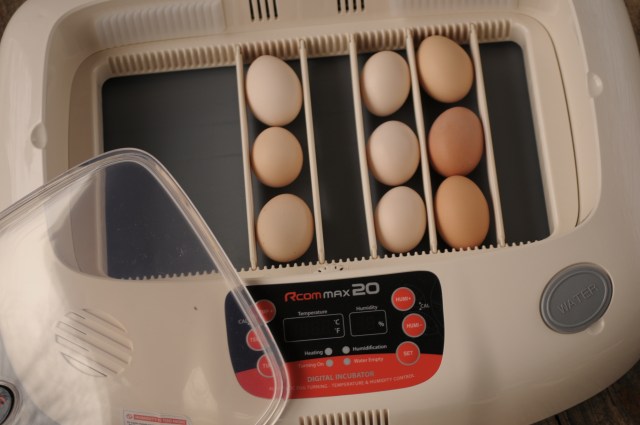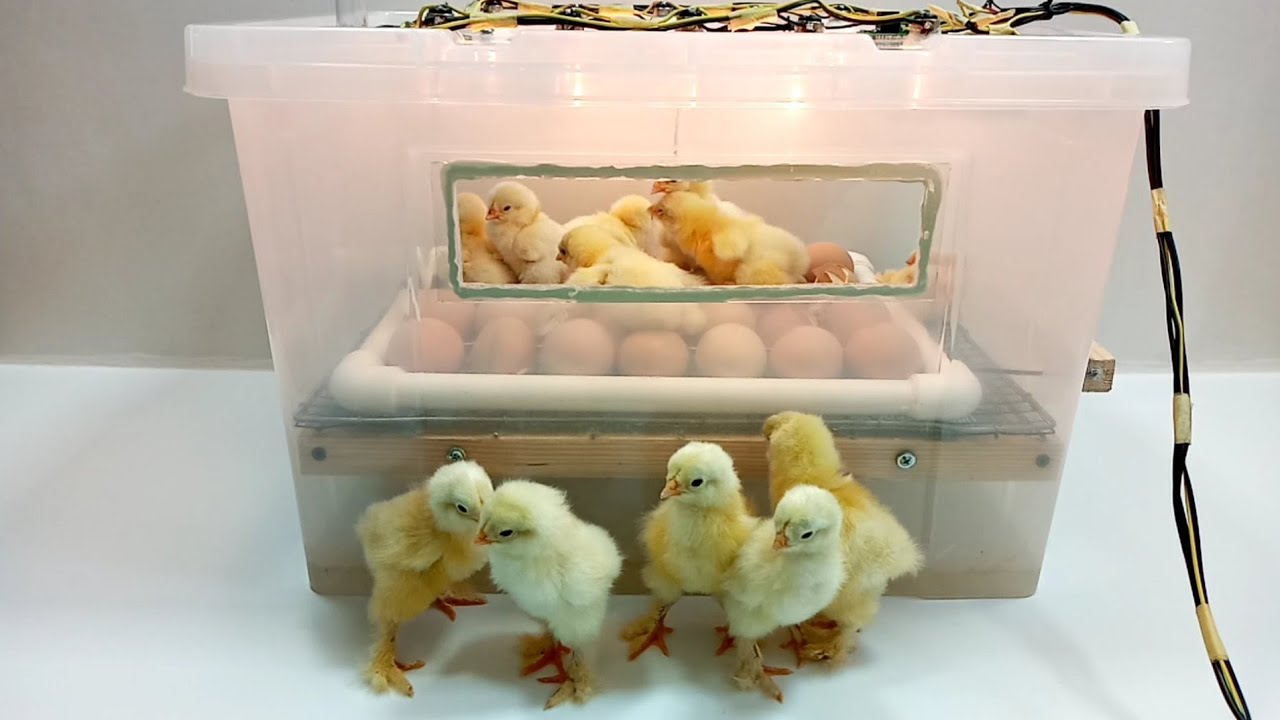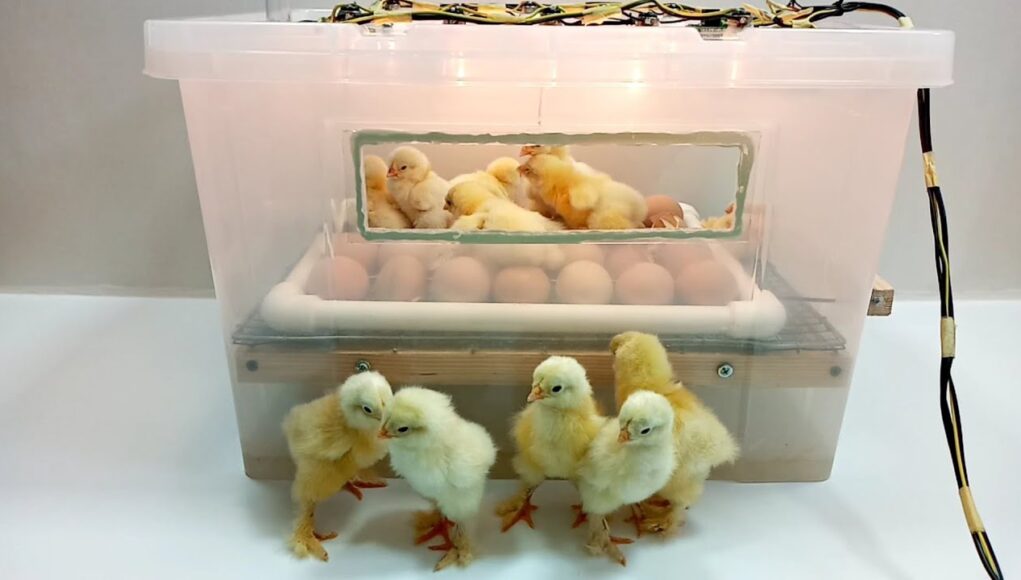The successful incubation of eggs is a delicate process, and incubator temperature fluctuations can significantly impact the outcome. For those passionate about raising chickens, understanding how these temperature changes affect the hatching process is crucial. In this article, we’ll delve into what causes these fluctuations, their effects, and how to manage them effectively.

Understanding Incubator Temperature Fluctuations
Temperature consistency is key when it comes to incubating eggs. The ideal temperature for most chicken eggs is around 99.5F (37.5C). However, ideal temperature can vary slightly depending on the specific type of bird. Fluctuations can occur due to various factors, including environmental changes and equipment malfunctions.
Causes of Incubator Temperature Fluctuations
There are several reasons why an incubator’s temperature might fluctuate:
- Environmental Changes: Changes in room temperature can lead to fluctuations within the incubator.
- Equipment Malfunctions: Faulty thermostats or fans can cause uneven temperature distribution.
- Frequent Lid Openings: Each time the incubator is opened, heat escapes, causing a drop in temperature.
Understanding these causes is the first step in preventing damaging fluctuations.
The Effects of Temperature Fluctuations on Hatching
Temperature fluctuations can have severe effects on the development of embryos:
- Delayed Hatching: If temperatures are consistently too low, hatching can be delayed.
- Decreased Hatchability: Extreme fluctuations can lead to a lower number of chicks hatching successfully.
- Developmental Issues: Incorrect temperatures can cause deformities or weak chicks.
These effects highlight the importance of maintaining steady temperatures during incubation.
Managing Incubator Temperature Fluctuations
Effective management of temperature fluctuations is essential for successful hatching. Here are some strategies:
Choosing the Right Incubator
Investing in a quality incubator is crucial. Look for models with reliable thermostats and good insulation. Some incubators even offer built-in alarms to alert you of temperature changes.
Monitoring Temperature Regularly
Regular monitoring is key. Consider using a digital thermometer to check temperatures frequently. Additionally, placing the incubator in a stable environment, away from drafts and direct sunlight, can help maintain consistent temperatures.
Minimizing Lid Openings
Try to minimize the number of times you open the incubator. When it’s necessary, work quickly to prevent heat loss. Candle eggs efficiently to reduce the need for frequent checks.
Using a Backup Power Source
Power outages can cause severe temperature drops. Having a backup power source can prevent these fluctuations and ensure your eggs remain at the right temperature.
Additional Tips for Successful Incubation
Maintaining Humidity Levels
Humidity is another critical factor in the incubation process. Ensure you maintain appropriate humidity levels as recommended. Learn how to maintain humidity effectively in your incubator.
Testing Egg Fertility
Before starting the incubation process, its wise to test the fertility of your eggs. This can save time and effort by ensuring only viable eggs are incubated. For more on this, check out testing egg fertility.
Proper Egg Storage
How you store eggs before incubation can also affect the hatching process. Proper storage techniques can help ensure the eggs remain viable. For detailed guidance, visit egg storage techniques.
Conclusion
In conclusion, understanding and managing incubator temperature fluctuations is vital for anyone looking to successfully hatch eggs. By being aware of the causes, effects, and management strategies, you can significantly increase your chances of a successful hatch. Remember, consistency is key, and with the right tools and knowledge, you can nurture healthy chicks.

FAQs
What is the ideal temperature for incubating chicken eggs?
The ideal temperature for incubating chicken eggs is around 99.5F (37.5C). Maintaining this temperature is crucial for successful hatching.
How can I prevent temperature fluctuations in my incubator?
To prevent fluctuations, ensure your incubator is placed in a stable environment, minimize lid openings, and consider a backup power source to guard against outages.
What happens if temperatures are too low during incubation?
If temperatures are too low, it can delay hatching and lead to developmental issues in chicks. Consistent monitoring and adjustment are essential to prevent this.
For more detailed information on hatching eggs, you can visit this comprehensive guide.
This article contains affiliate links. We may earn a commission at no extra cost to you.











